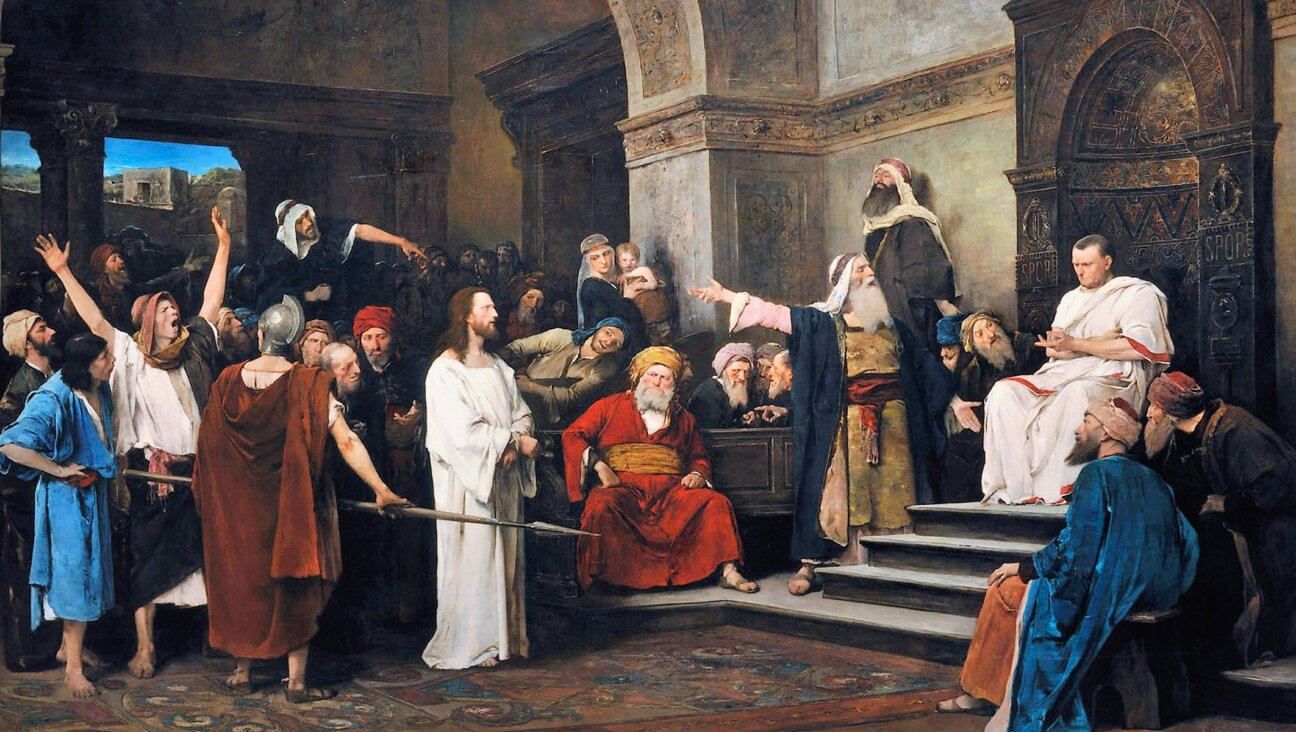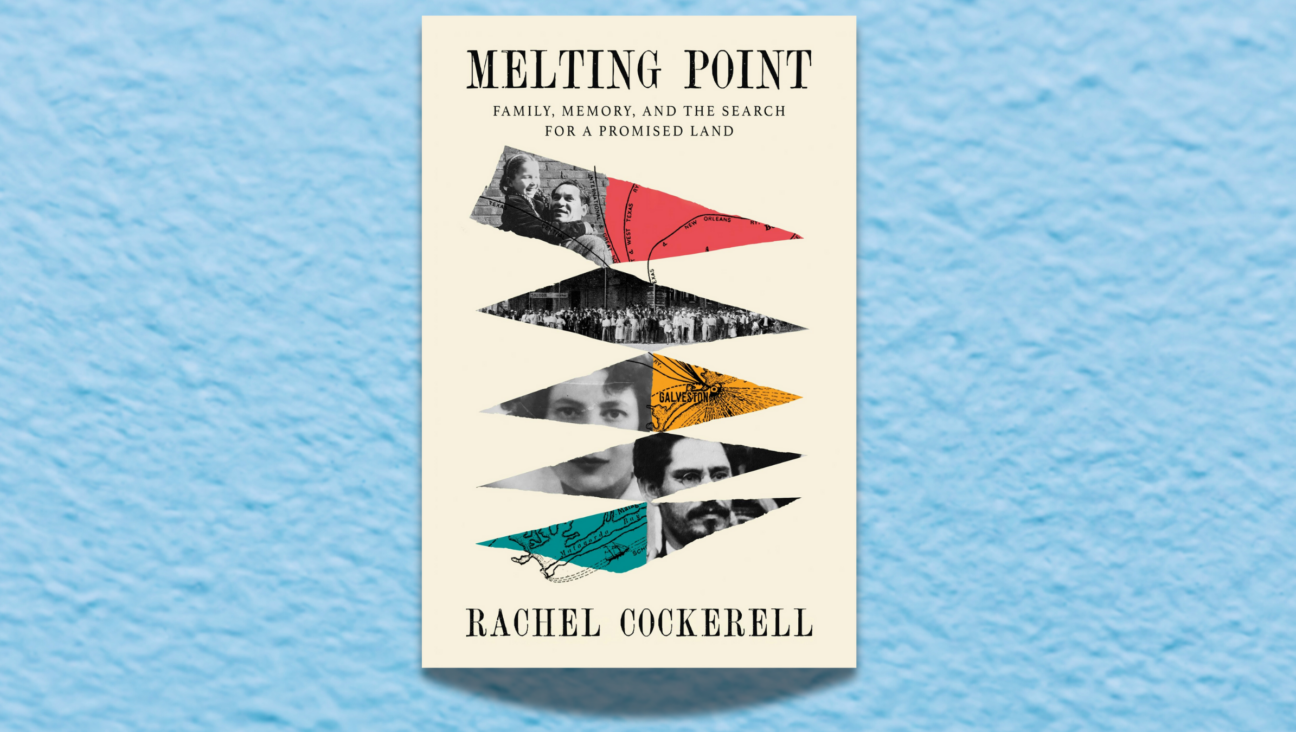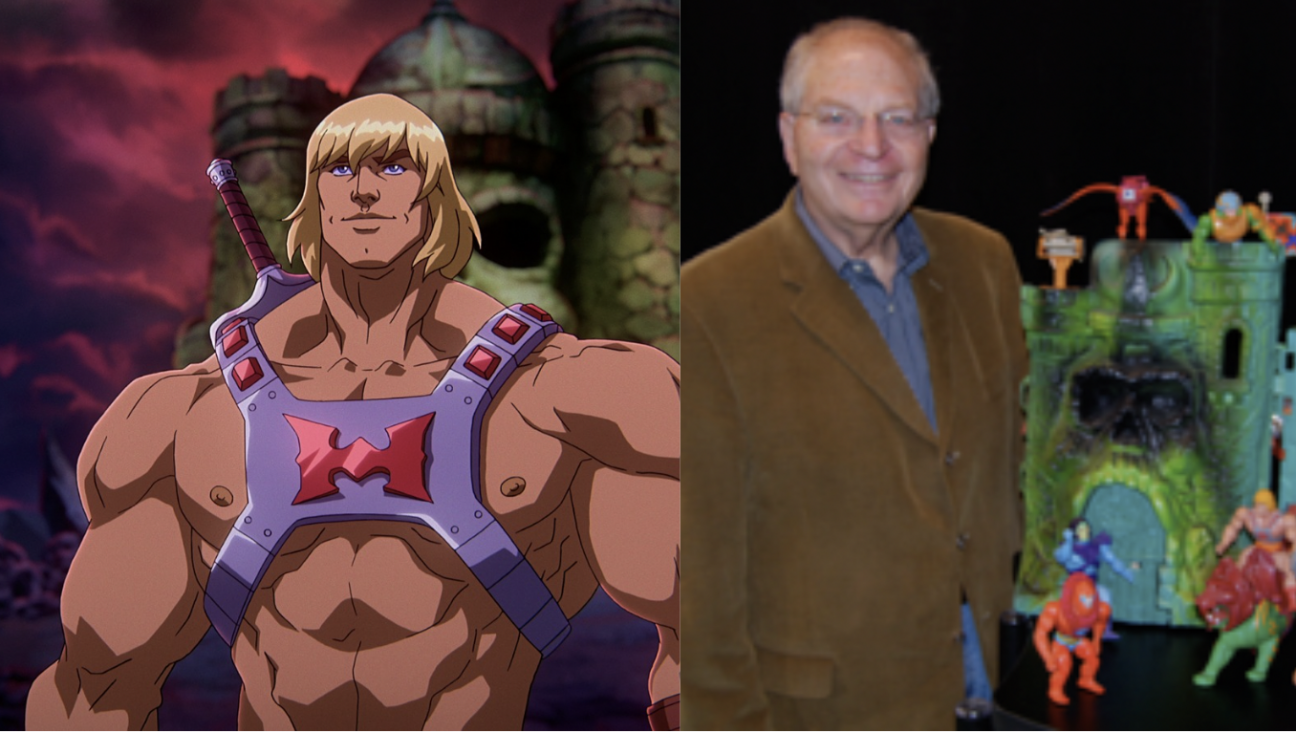The Importance of Writing About Writing
A Mirror in the Roadway: Literature and the Real World
By Morris Dickstein
Princeton University Press, 320 pages, $26.95.
* * *|
Why write about literature? The answer isn’t money, fame or love. Nor is it immortality, because criticism — a few exceptions notwithstanding — seldom lasts. So why?
The question is posed and answered by Morris Dickstein in his admirable new collection of critical essays. His response is blissfully straightforward. “Critics write about literature,” he argues, “for the same reasons writers write about anything: for the pleasure of forming graceful sentences that sort out their own reactions to books, or simply to be part of a conversation about the human dilemma that goes back to the beginning of culture.” He adds that the people he’s chosen to write about are artists whose language and outlook on life matter deeply to him. “They provoke the shock of recognition that, like some magic mirror, offers revealing glimpses of one’s half-hidden selves. In reading [Philip] Roth, for example, I’m always arguing with him, admiring him, feeling outraged by him, and implicitly defining myself though him. Such hotly divided feelings may be the ones most congenial to criticism.”
It’s a good answer, but I have another: One writes about literature because literature without criticism doesn’t have a solid place in society. The critic is a map-maker, one in charge of surveying our intellectual landscape, of offering context, of offering judgment on what’s beautiful. Unfortunately, “beauty” is a word out of fashion. Still, the critic invites us to make aesthetic validations. This is true in any time and place, especially in an open-market democracy such as ours, in which ideas are showcased like merchandise.
Every generation has the critics it deserves, from Alexander Pope and Ralph Waldo Emerson to Matthew Arnold and Walter Benjamin. They are cultural thermometers: They find meaning, they analyze the present vis-à-vis the past and the future. It’s no secret that we’re amid a draught of this kind of enlightenment, but the work of critics such as Dickstein offer a glimmer of hope.
Dickstein sees himself as an offspring of the New York Jewish intellectuals, the cadre around Partisan Review whose oeuvre became a compass in the midcentury. Like his role models, he is allergic to parochialism. And like most of them, his principal interest is fiction — more concretely, the novel, a genre that found its gravitas with the Enlightenment and might well be understood as a kaleidoscope (Dickstein prefers the metaphor of the mirror) through which to comprehend the distorted picture a class has of itself and of the world. What does F. Scott Fitzgerald’s “The Great Gatsby” tell us about the haves and have-less in the America that existed shortly before the Depression? Is Raymond Carver’s “What We Talk About When We Talk About Love” a response to
Reaganomics? What does Franz Kafka say about Prague’s bourgeoisie at the turn of the century?
Some of the most insightful segments in “A Mirror on the Roadway” are about a so-called “honorary member” of the New York Jewish intellectuals: Edmund Wilson. Dickstein explains Wilson’s path, studying the way it mirrors the changes that America underwent from the Depression to the Vietnam War. The essay is succinct yet powerful, and it made me want to reread “To the Finland Station,” Wilson’s take on Marxism as implemented in society. Another provocative piece is “Finding the Right Words,” about Irving Howe, a socially-conscious literary critic — he is closer to what today is called a “cultural commentator” — whose ambitious oeuvre has influenced many of us. But every page in the volume displays curiosity, incision and surprise. For instance, as Dickstein delves into Gabriel García Márquez’s “The Autumn of the Patriarch,” he falls in love not with what he calls “mythical realism” but with the “comic gusto” displayed by the Colombian master. And when discussing S.Y. Agnon’s “Only Yesterday,” Dickstein is startled not only by the crisp verbal intensity of the Nobel Prize winner but also by his willingness to reach “the far side of horror.”
Aside from these and another handful of non-Americans (Samuel Beckett and Günter Grass make it, too), the bulk of the volume, just like in Dickstein’s previous “Gates of Eden” and “Leopards in the Temple,” is 20th-century American fiction. He includes ruminations on such authors as Willa Cather, Raymond Carver, William Kennedy and Richard Ford. Plus, there are several far-reaching surveys, including a particularly affecting one about Jewish-American literature from the age of immigration (Anzia Yezierska, Abraham Cahan and Henry Roth) to the current wave of newcomers (Nathan Englander, Aryeh Lev Stollman and Allegra Goodman).
Dickstein is most compelling when he is at his feistiest, as when he analyzes the platitudes of William Styron’s “Sophie’s Choice” and the incapacity of Mary McCarthy to find a balance between tenderness and intelligence. My favorite pieces are the ones on George Orwell, but I found Dickstein echoing my own thoughts on a bevy of other writers: Dickens; Saul Bellow, about whom Dickstein confesses that “as a reader I was late in appreciating”; the Philip Roth before and after “The Counterlife,” a book that Dickstein persuasively argues divided Jewish-American literature into a “before” and an “after.”
At a time when academia has been kidnapped by suffocating theories eager to take the air out of literature and put it in a straitjacket, Dickstein still reads and writes for pleasure. There are those who might ask not only why one would write literary criticism but also why one would read it. For them, the answers are in “A Mirror in the Roadway.”
The Forward is free to read, but it isn’t free to produce

I hope you appreciated this article. Before you go, I’d like to ask you to please support the Forward.
Now more than ever, American Jews need independent news they can trust, with reporting driven by truth, not ideology. We serve you, not any ideological agenda.
At a time when other newsrooms are closing or cutting back, the Forward has removed its paywall and invested additional resources to report on the ground from Israel and around the U.S. on the impact of the war, rising antisemitism and polarized discourse.
This is a great time to support independent Jewish journalism you rely on. Make a Passover gift today!
— Rachel Fishman Feddersen, Publisher and CEO
Most Popular
- 1

News Student protesters being deported are not ‘martyrs and heroes,’ says former antisemitism envoy
- 2

News Who is Alan Garber, the Jewish Harvard president who stood up to Trump over antisemitism?
- 3

Fast Forward Suspected arsonist intended to beat Gov. Josh Shapiro with a sledgehammer, investigators say
- 4

Politics Meet America’s potential first Jewish second family: Josh Shapiro, Lori, and their 4 kids
In Case You Missed It
-

Fast Forward Who killed Jesus? It wasn’t the Jews, writes a scholar of Roman law.
-

Fast Forward Is ‘New Absolute Bagel’ real? A sign stirs fretful optimism on the Upper West Side.
-

Opinion Yes, the attack on Gov. Shapiro was antisemitic. Here’s what the left should learn from it
-

News ‘Whose seat is now empty’: Remembering Hersh Goldberg-Polin at his family’s Passover retreat
-
Shop the Forward Store
100% of profits support our journalism
Republish This Story
Please read before republishing
We’re happy to make this story available to republish for free, unless it originated with JTA, Haaretz or another publication (as indicated on the article) and as long as you follow our guidelines.
You must comply with the following:
- Credit the Forward
- Retain our pixel
- Preserve our canonical link in Google search
- Add a noindex tag in Google search
See our full guidelines for more information, and this guide for detail about canonical URLs.
To republish, copy the HTML by clicking on the yellow button to the right; it includes our tracking pixel, all paragraph styles and hyperlinks, the author byline and credit to the Forward. It does not include images; to avoid copyright violations, you must add them manually, following our guidelines. Please email us at [email protected], subject line “republish,” with any questions or to let us know what stories you’re picking up.













